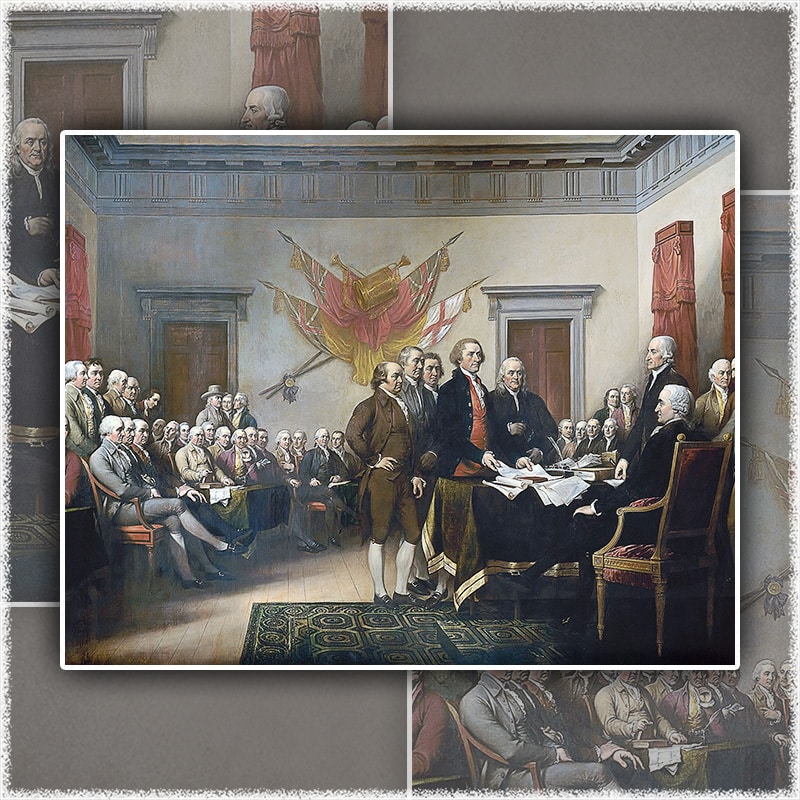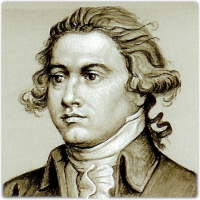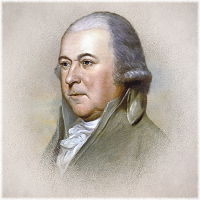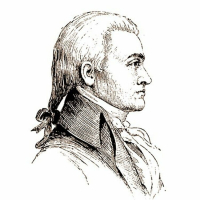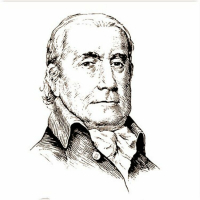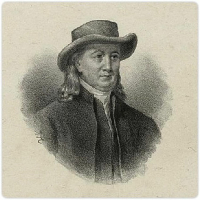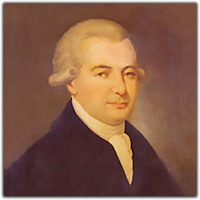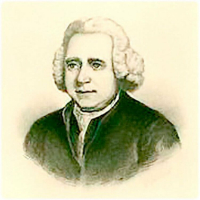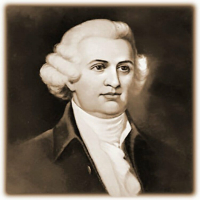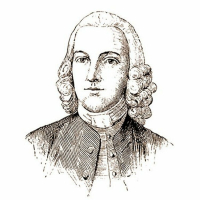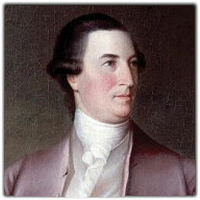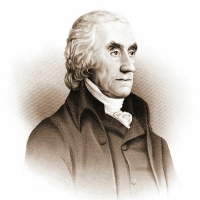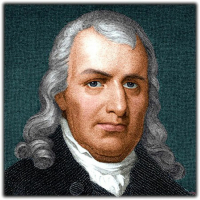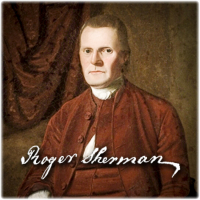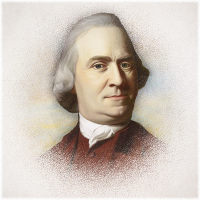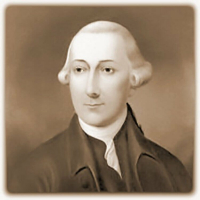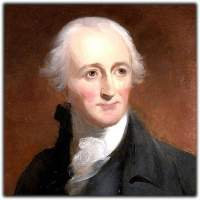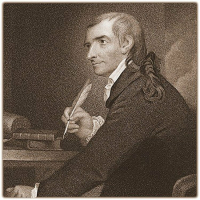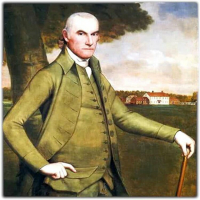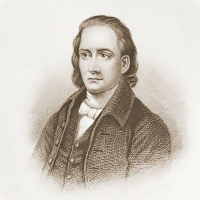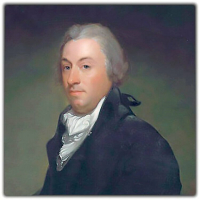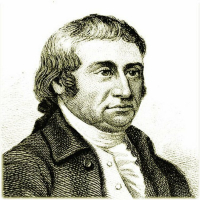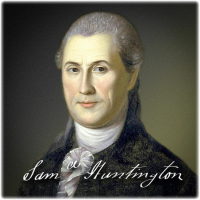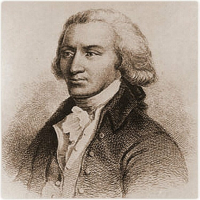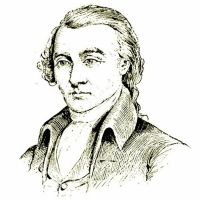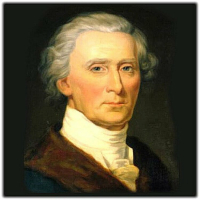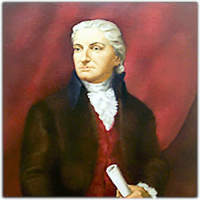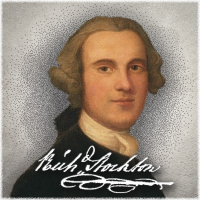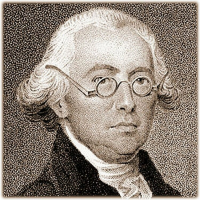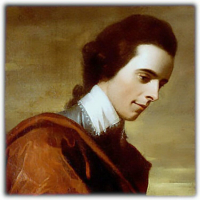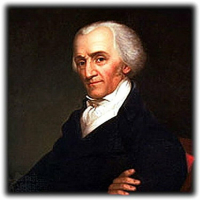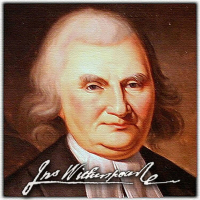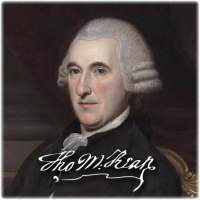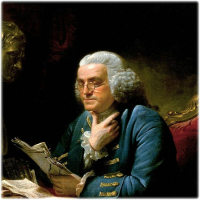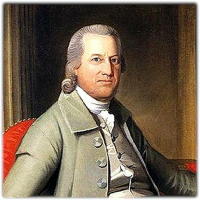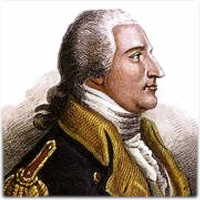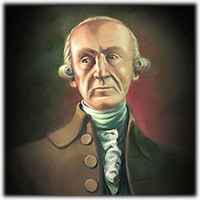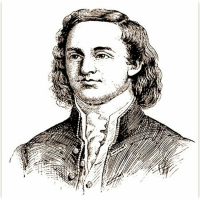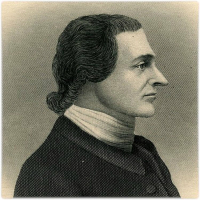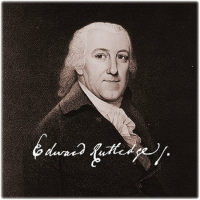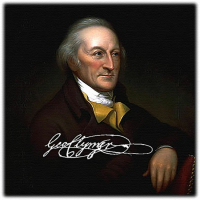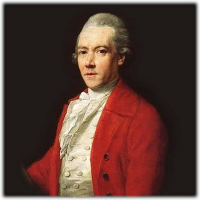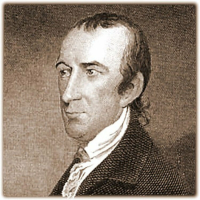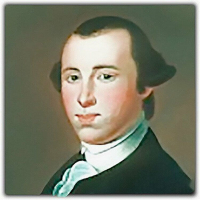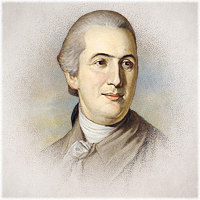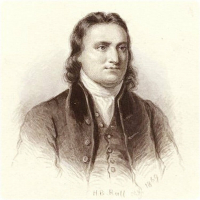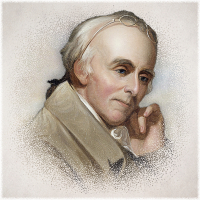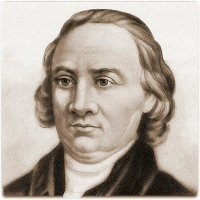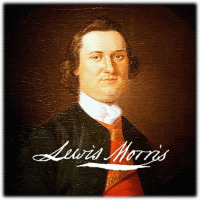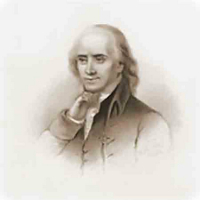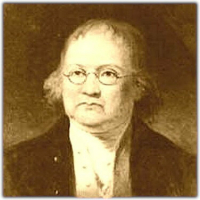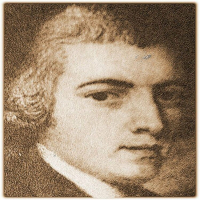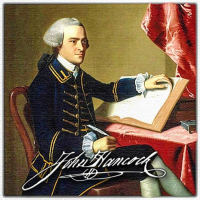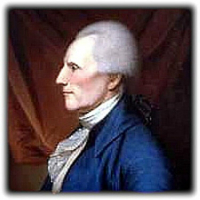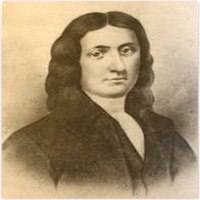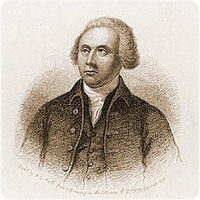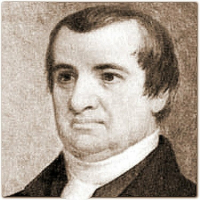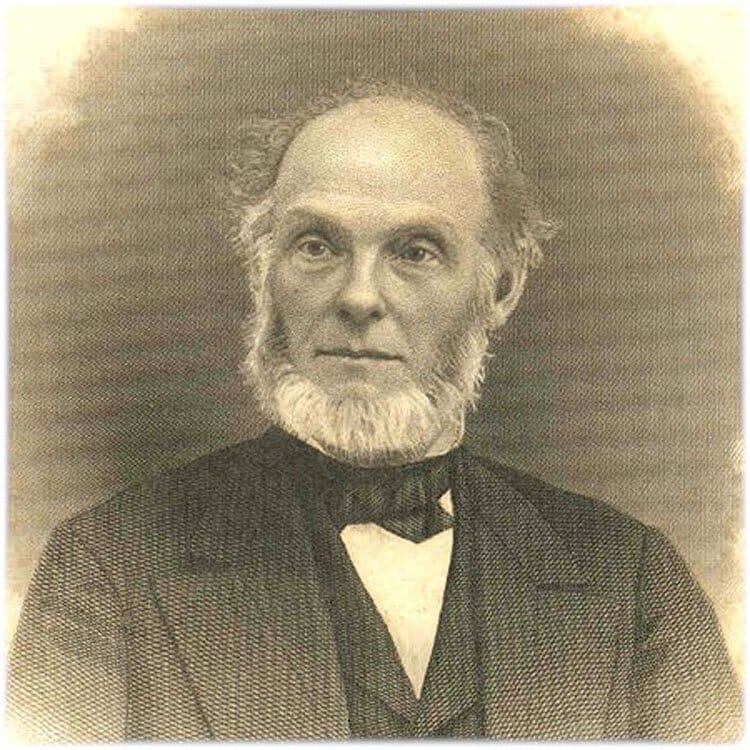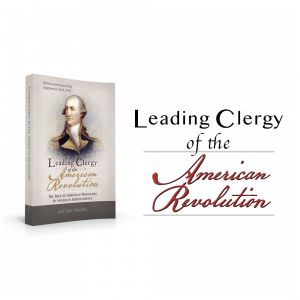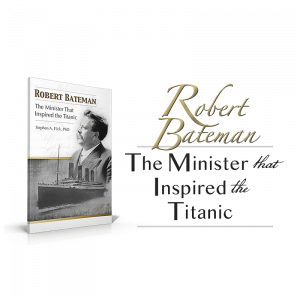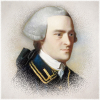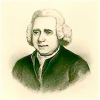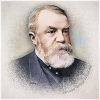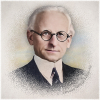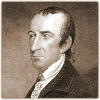Signing the Declaration of Independence required remarkable personal courage. The Founding Fathers who signed it understood that King George III and the British Parliament would regard this act as treason. After years of attempted dialog with the King and Parliament, the Signers personally calculated what it might cost them to take the bold step. Following the teaching of the American pulpit, they had come to believe that no law was above God's law, and for this reason, the devised the motto of the American Revolution: "No king, but King Jesus!"
The subject addressed in this article is discussed at greater length in American Matriarchs. Christian Heritage Fellowship would be honored to work with individuals, businesses, churches, institutions, or organizations to help communicate the truth concerning the positive influence of the Christian faith by providing bulk pricing: Please contact us here... To purchase a limited quantity of this publication, please click: Purchase here...
Contrary to the assertions of contemporary Deconstructionism that America was birthed from the womb of secularism, the facts clearly indicate that America's Founding Fathers were deeply influenced by the principles of the Bible and the Christian Faith when laying the foundation of American law—which was true for both the states and federal government.
The information and materials that appear below are part of a larger project here at Christian Heritage Fellowship. Realizing that knowledge of the persons and character of America's Founding Fathers will go a long way to answer the secular and Deconstructive attacks against the Christian foundation of America, we undertake the effort to present thumbnail sketches of the Signers of the Declaration of Independence. One of the earliest collective works on the Signers summarized their efforts in the following words:
The signing of that instrument was a solemn act, and required great firmness and patriotism in those who committed it. It was treason against the home government, yet perfect allegiance to the law of right. It subjected those who signed it to the danger of an ignominious death, yet it entitled them to the profound reverence of a disenthralled people. But neither firmness nor patriotism was wanting in that august assembly. And their own sound judgment and discretion, their own purity of purpose and integrity of conduct, were fortified and strengthened by the voice of the people in popular assemblies, embodied in written instructions for the guidance of their representatives.
Such were the men unto whose keeping, as instruments of Providence, the destinies of America were for the time entrusted; and it has been well remarked, that men, other than such as these,— an ignorant, untaught mass, like those who have formed the physical elements of other revolutionary movements, without sufficient intellect to guide and control them—could not have conceived, planned, and carried into execution, such a mighty movement, one so fraught with tangible marks of political wisdom, as the American Revolution. And it is a matter of just pride to the American people, that not one of that noble band who periled life, fortune, and honor, in the cause of freedom, ever fell from his high estate into moral degradation, or dimmed, by word or deed, the brightness of that effulgence which halos the Declaration of American Independence.
Their bodies now have all returned to their kindred dust in the grave, and their souls have gone to receive their reward in the Spirit Land.
Congress was assembled in Independence Hall, at Philadelphia, when the Declaration was adopted, and, connected with that event, the following touching incident is related. On the morning of the day of its adoption, the venerable bell-man ascended to the steeple, and a little boy was placed at the door of the Hall to give him notice when the vote should be concluded. The old man waited long at his post, saying, "They will never do it, they will never do it." Suddenly a loud shout came up from below, and there stood the blue-eyed boy, clapping his hands, and shouting, "Ring! Ring!" Grasping the iron tongue of the bell, backward and forward he hurled it a hundred times, proclaiming "Liberty to the land and to the inhabitants thereof."[1]
All the Signers of the Declaration of Independence. . .
[1] B. J. Lossing, Biographical Sketches of the Signers of the Declaration of American Independence: The Declaration Historically Considered; And a Sketch of the Leading Events Connected with the Adoption of the Articles of Confederation, and of the Federal Constitution (New York: George F. Cooledge & Brother, 1848), 11-12; reprint, Aledo, Texas, WallBuilder Press, 1998.

